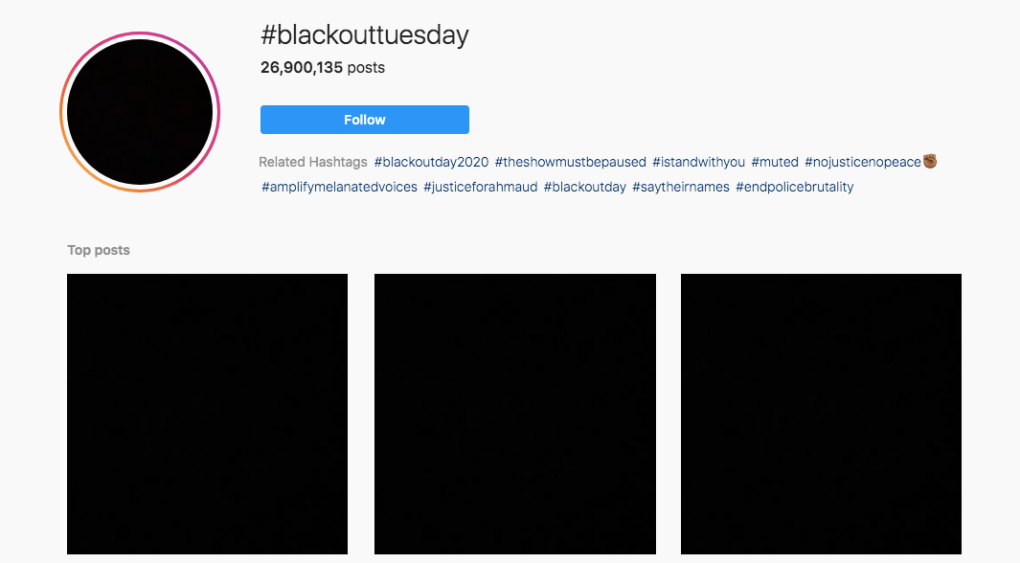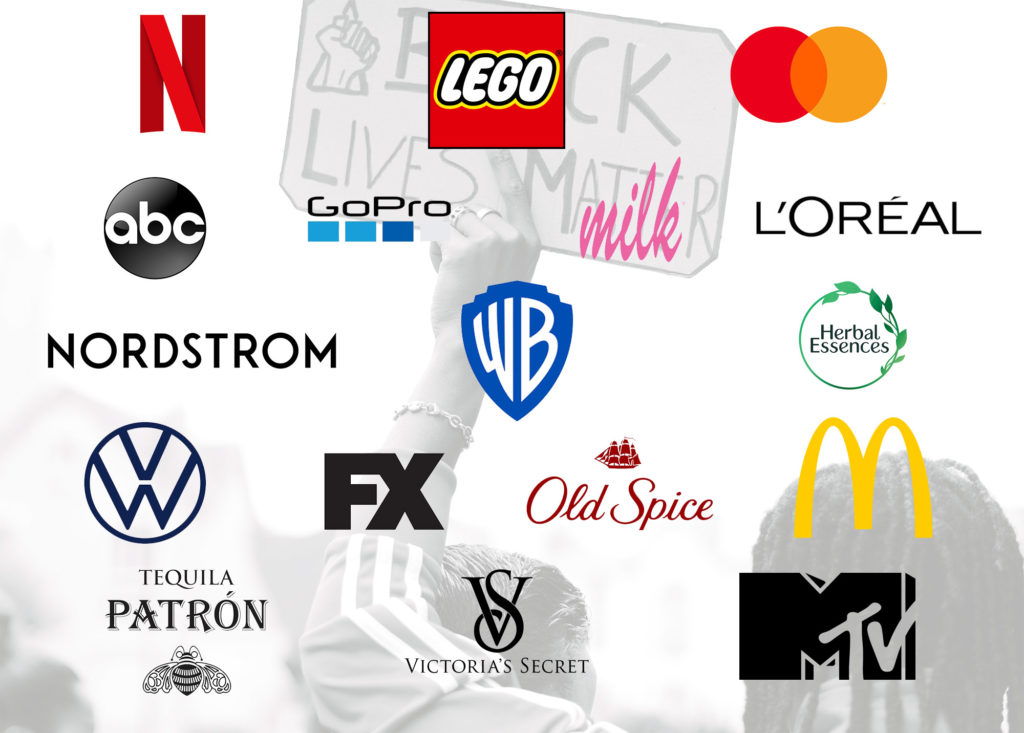
02 Jul Beyond the little black box: How brands are using their values to respond to racial injustice
If there has been one thing that has defined 2020 so far, it has been disruption. First, by an unstoppable pandemic, forcing businesses to close, people to remain inside, and grinding the hustle that defines American culture so profoundly to an uncomfortable halt. Then, since late May, by the outcry and fury against racial injustices that have been perpetuated for generations, sparked by the senseless murder of George Floyd in Minneapolis. The stalled, viscous pace of our society was suddenly and powerfully pushed forward and energized again. And somewhere in all of this slowing, stopping, starting, and stimulating, were businesses, not just encouraged, but expected to address current affairs, and facing urgent expectations to do so correctly.
To take the pulse of this ever-changing societal pace, we at Zenzi analyzed over 100 businesses’ responses to COVID-19 and the Black Lives Matter movement to see what could be gleaned from their behavior, as viewed through the classification of value types.
A note on value types — At Zenzi, we have focused years of market and consumer research on the basis of six value types that motivate purchasing behavior and brand loyalty, and have applied those categories to countless businesses and interests. It is a way to find connections between companies like Lysol and Disney (both catering to Security-seeking customers), which otherwise would not likely be associated.
However, it behooves us to establish something fundamental up front — responses to Covid-19 and Black Lives Matter cannot be compared. While they can be analyzed independently, they cannot be held at the same standards. Covid-19 is an unprecedented international pandemic that has proved deadly and disruptive, however, to businesses, it presented a challenge. Since operations were not playing out as usual, how could companies think creatively to still engage with and reach consumers? Interpretations to that prompt ranged from digital classes to delivery incentives, playing into the connectedness of consumers, all at home, all going through this displacement together.
But there can be no “creative solve” for the rampant racism in America. To treat the Black Lives Matter movement as a challenge through which to reach consumers is to be flippant at best, and to disingenuously co-opt the cause for profit, at worst. There are many more “don’ts” than “do’s” for brands. The guidelines have largely been: say something (and be specific), donate, and do better. Whereas a lack of acknowledgement of Covid would have made a company seem unaware, silence on this matter is largely considered unacceptable by consumers, who have actively expressed that their future spending will align with companies that promote the correct values.
All of this being taken into consideration, there were different ways that brands of different value types established and communicated their stance regarding Black Lives Matter in a way that went beyond the standard (though appropriate and appreciated) statements, donations, and internal actions.
Let’s break it down:
Pleasure

For brands geared towards pleasure-seekers, finding a way to connect with a movement rooted in such tragedy as Black Lives Matter can be a difficult leap to make gracefully. Where some companies succeeded was in taking initiative to be more inclusive immediately. The Bachelor franchise on ABC cast its first Black Bachelor in 24 seasons, a move that was preceded by calls to action by many involved with the brand, however was widely lauded when announced. FX Networks and other television stations dedicated airtime to Juneteenth programming, and Netflix assembled a Black Lives Matter playlist with relevant content, examples of companies using their platforms deftly to share their stance and connect with their audience authentically. Similarly positioned in the entertainment industry, Warner Bros. made their film “Just Mercy” free to rent, as the film’s messaging and plot are powerfully relevant to discussions of systemic racism in America.




